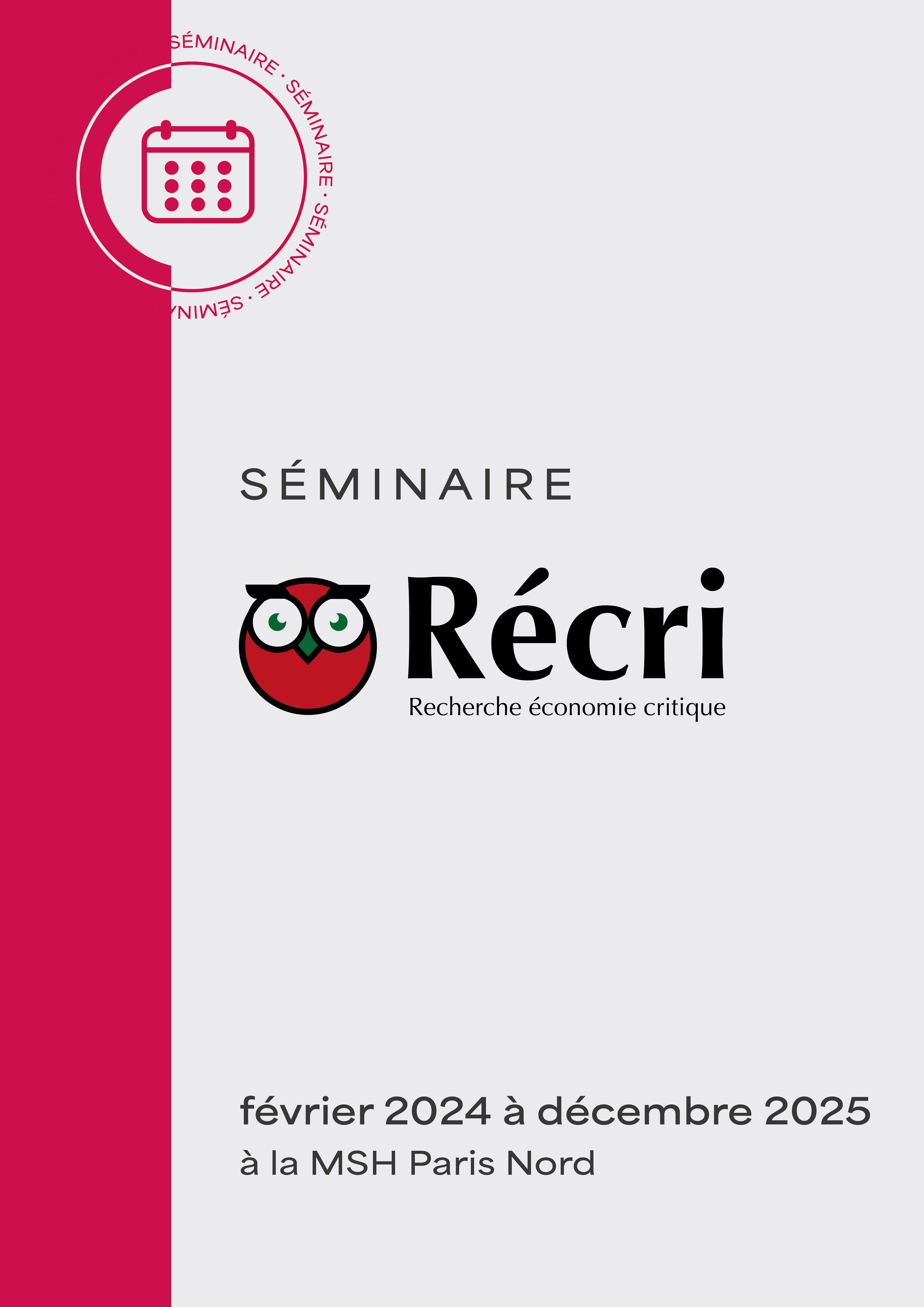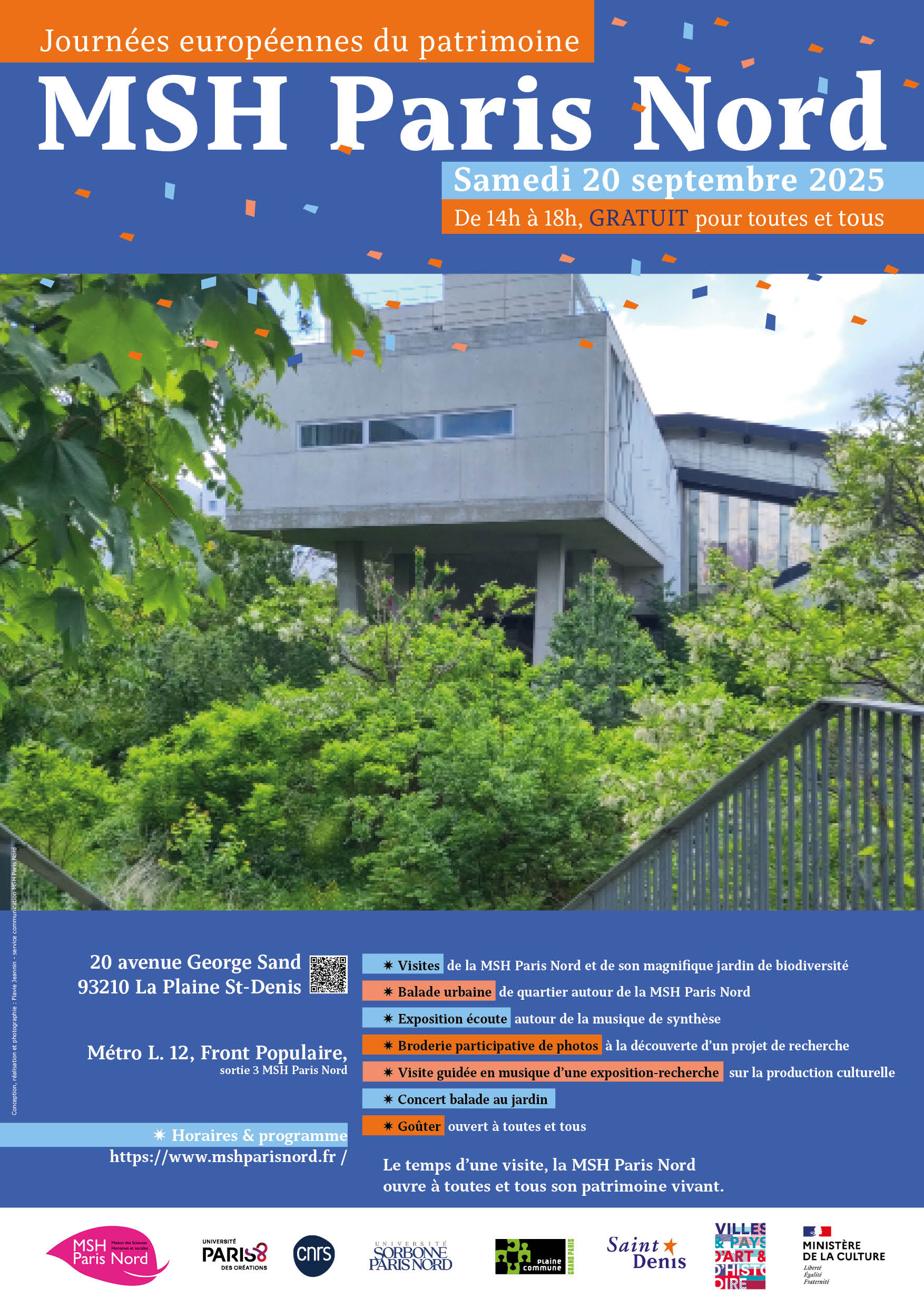
- Cet évènement est passé.
Journée d’étude, L’activisme artistique en Inde
11/05/2020
Journée d’étude
L’activisme artistique en Inde, histoire, pratique, paradigme et circulations
ATTENTION, journée reportée en raison de la situation sanitaire COVID-19
Sans être clairement défini, « L’activisme en arts » est une appellation fréquemment utilisée, depuis les années 1990, pour évoquer une part importante de la production de l’art contemporain à travers le monde. « L’activisme en arts » regroupe des actions artistiques liées à des questions sociales et politiques et renoue avec des pratiques contestataires, en résistance à l’hégémonie quasi planétaire de l’idéologie propre au capitalisme dit néolibéral.
La question centrale que pose l’activisme artistique pourrait être énoncée de la sorte : Comment évaluer la capacité des champs artistiques (arts plastiques, littérature, performance, théâtre, danse, vidéos, etc.) à fonctionner « en écho » à la protestation sociale et politique ?
Vouloir mesurer cette capacité (voire son efficacité) est une entreprise difficile, tant les objectifs et les finalités artistiques et idéologiques des activismes paraissent variés. En témoigne l’extrême diversité des appellations qui désignent, dans le monde, l’activisme en arts : art sociétal, art engagé, art communautaire, art dialogique, art d’intervention, art participatif, art relationnel, art collectif, art contextuel, artivisme.
La scène artistique indienne ne fait pas exception et un certain nombre d’artistes et de collectifs d’artistes se disent activistes (Vivan Sundaram, Navjot Altaf, Tejal Shah, Shilpa Gupta, Pushpamala N., Anita Dube, Open Circle, Raqs Media Collective, Sahmat, Vijay Tendulkar, Badal Sircar, Habib Tanvir, Namdeo Dhasal, etc.). Ils contribuent ainsi à la dimension globale et locale du phénomène de l’activisme artistique.
En Inde, l’ouverture de l’économie (1991) et la montée au pouvoir de la droite nationaliste hindoue ont eu pour effet de remettre en cause profondément les principes de la voie indienne édictés par les pères de l’indépendance en 1947 (démocratie laïciste, modèle de croissance égocentrique organisé autour d’un large public secteur et non-alignement). Le contexte politique actuel de l’Inde (nationalisme religieux, stigmatisation des minorités, remise en cause de la laïcité, conception ethnique de la nation indienne, pomme de discorde autour du Cachemire, violence des conflits intercommunautaires, etc.) ainsi que son contexte culturel et artistique (avènement de l’Inde sur la scène artistique internationale, développement du marché de l’art et de l’économie culturelle, passage de la classe moyenne à la consommation de masse, remise en cause de la liberté d’expression, etc.) font de l’Union indienne un laboratoire spécifique pour le développement contemporain des interrelations entre pratiques artistiques et engagement social et politique.
L’équipe organisatrice de cette journée d’étude entend réunir des chercheurs de tous horizons pour réfléchir ensemble sur les différentes formes et conceptions de l’activisme artistique en Inde, depuis les années 1990 – approche des croisements, des transferts, des intersections entre art et politique, au travail au sein de l’art indien « activiste », tant dans leur dimension globale que dans leur spécificité locale.
Conference Day: Artistic Activism in India (History, Practice, Paradigm and Circulation)
“Arts Activism” is an expression often used since the 1990s in reference to a significant part of the production of contemporary art throughout the world, without any clear definition. “Artivism” encompasses artistic actions, which tackle social and political issues, reviving agitational practises defined in resistance to the planetary ideological hegemony they refer to as neoliberalism.
The central question posed by artistic activism could be stated in this way: How can we evaluate the capacity of art (visual arts, performing arts, literature, theatre, dance, video art, cinema, etc.) to function as social and political protest?
The possibility of measuring this capacity (let alone its effectiveness) is a difficult task. Because the artistic and ideological aims of activism are varied. This is made evident in the extreme diversity of appellations which, across the world designate activism in the arts: Socially Engaged Art, Committed Art, Community Art, Dialogic Art, Interventionist Art, participatory Art, Relational Art (art relationnel) Collective Art, Contextual Art (art contextuel), Artivism (artivisme), etc.
The Indian art scene is no exception and a number of artists and artists’ collectives claim to be activists (Vivan Sundaram, Navjot Altaf, Tejal Shah, Shilpa Gupta, Pushpamala N., Anita Dube, Open Circle, Raqs Media Collective, Sahmat, Vijay Tendulkar, Badal Sircar, Habib Tanvir, Namdeo Dhasal, etc.). They thus contribute to the global and local dimension of the phenomenon of arts activism.
Since the launch of the New Economic Policy in 1991, the Indian Union has undergone profound changes in all areas of activity (economic, social, cultural, artistic). The opening of the economy and the rise to power of the Hindu nationalist right have had the effect of deeply questioning the principles of the Indian way enacted by the fathers of independence in 1947 (secularist democracy, growth model self-centred organized around a large public sector and non-alignment).
The current political context of India (religious nationalism, stigmatization of minorities, questioning of secularism, ethnic conception of the Indian nation, bone of contention around Kashmir, violence of intercommunity conflicts, etc.) as well as its cultural and artistic context (advent of India on the international art scene, development of the art market and cultural economy, shift of the middle class into mass consumption, questioning of freedom of expression etc.) make the Indian Union a specific laboratory for the contemporary development of interrelationships between artistic practices and social and political commitment.
The organizing team of this Conference Day intends to bring together researchers from all horizons to reflect together on the various forms and conceptions of artistic activism in India, since the 1990s – approaching crossings, transfers, intersections between art and politics, at work within Indian artistic activism, both in their global dimension and in their local specificity.
Programme provisoire
Introduction : Nicolas Bautès, Christine Ithurbide, Nicolas Nercam
Anupam Roy (artiste activiste)
I – Arts Activism / History / Modernity
Sanjuka Sunderason (Area Studies, Universiteit Leiden)
Christine Ithurbide (LabEX ICCA-CEIAS – EHESS-CNRS)
II – Arts Activism / Gendrer / Feminism
Tiziana Leucci (CEIAS – EHESS-CNRS)
Nicolas Nercam (ADS-MICA-CEIAS – EHESS-CNRS)
III – Arts Activism / Interrelation urban-rural
Yashadatta Alone (J. Nehru University, New Delhi)
Raphael Rousseleau (UNIL – CEIAS-EHESS-CNRS, Lausanne University)
Nicolas Jaoul (IRIS – CEIAS-EHESS-CNRS)
Nicolas Bautès (IFP – CEIAS-EHESS-CNRS)
IV – Arts Activism / Secularism / Freedom of expression
Malika Maheshwari (Political Science, Ashoka University, New Delhi)
Stéphane Dorin (CSE – CEIAS-EHESS-CNRS)
Kasha Vande (ingénieure d’étude-CEIAS-EHESS-CNRS)
organisation
ADS-MICA- Université Bordeaux Montaigne
CEIAS-EHESS-CNRS
Institut Français de Pondichéry
LabEX ICCA
Comité scientifique
Yashadatta Alone JNU, School of Arts & Aesthetics, New Delhi
Nicolas Bautès IFP-CEIAS (EHESS-CNRS)
Christine Ithurbide LabEX ICCA-CEIAS (EHESS-CNRS)
Malvika Maheshwari Ashoka University, Political Science, New Delhi
Nicolas Nercam ADS-MICA-CEIAS (EHESS-CNRS)
Comité d’organisation
Nicolas Bautès (CEIAS-EHESS-CNRS)
Nicolas Nercam (ADS-MICA-CEIAS)
Christine Ithurbide LabEX ICCA-CEIAS (EHESS-CNRS)
ADS-MICA- Université Bordeaux Montaigne
CEIAS-EHESS-CNRS
Institut Français de Pondichéry
LabEX ICCA
informations pratiques
lundi 11 mai 2020 REPORTÉ
nouvelle date prochainement
à la MSH Paris Nord
Un projet de recherche qui bénéficie du soutien de la MSH Paris Nord dans le cadre de son appel à projets.




